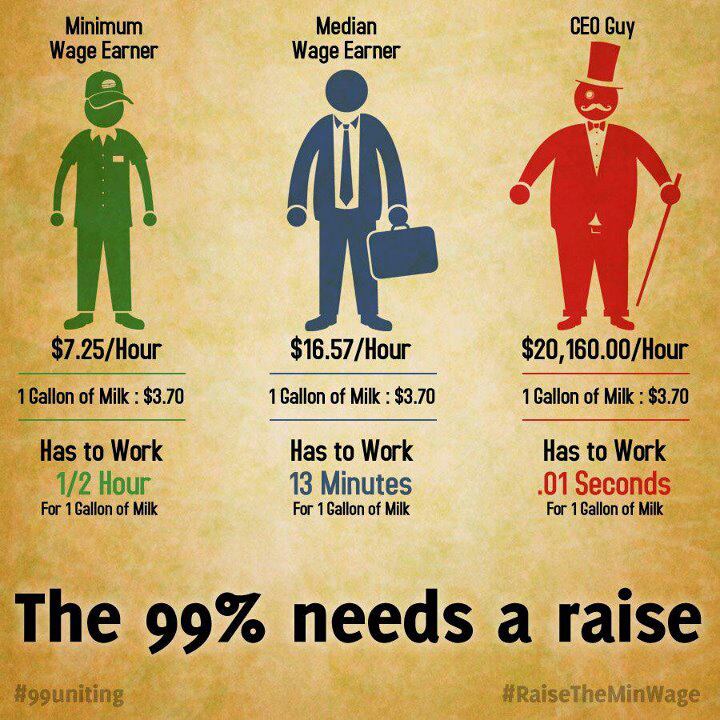PETALING JAYA: For 42-year-old Priya (not her real name), a normal day at work used to consist of assembling electrical parts at a factory in Bangi but after eight years on the job, she is on her own and struggling to stay afloat, a situation she blames on both her former employers and her trade union.
Priya was one of 150 workers at the factory, most of whom were in their 50s. She also chaired a trade union for electrical workers, a position she held for three years until her sudden retrenchment in September.
She told FMT she and nine others were called “out of the blue” by their employers, who told them they would all be fired in August.
All 10 of them were union members, she added, claiming that they were let go without written notice and in violation of proper procedures.
“All 10 of us were fired at different intervals,” she said. “Some were held back to work for a few more months while others were let go with no notice.”
In her case, she only received a termination letter one month after her dismissal.
She has been out of a job for two months now, and her savings are rapidly depleting.
She suspects her dismissal was linked to her active work as a unionist.
She told FMT she had vehemently opposed her employers’ move to impose a RM300 limit on medical claims which she claimed was never underlined in the workers’ contracts.
“I was the one who questioned them and asked why they suddenly imposed a limit on medical claims.
“This was never the case before. We just had a panel where we would go to apply for MCs, and they never put a ceiling on them,” she said, adding that RM300 was only enough for about three clinic visits.
She also alleged that she had been targeted by her employers during working hours.
She claimed she was forced to work at eight different assembly stations each day, putting together electrical parts.
But as frustrated as she was with her employers, Priya said her union was no better.
She said it asked for RM7 every month as membership fees but did not do its job.
“We understood and accepted our employers’ decision,” she said. “But when they wanted to cease our employment, they did not follow standard procedures.
“We asked the union if employers could forego standard procedures, but they said that was the right of the employers.
“And when we complained, they took the concerns up with the human resources department instead of talking to the workers directly.”
Trade unions and factory employers in Malaysia are governed by the Trade Unions Act and the Industrial Relations Act, among others.
Trade union organisations are meant to oversee the welfare of their members.
However, an official at the Department of Trade Union Affairs at the human resources ministry said whether a union takes up a particular case of suspected labour rights violations depends on its constitution.
Mooi Poh Kong, who is in charge of the department’s legal and enforcement division, told FMT Priya’s case would come under the Industrial Relations Act.
“She could file a complaint under the act within 60 days for reinstatement,” he said.
He added that trade unions could assist members in taking their cases to court, and could even represent them if they had the expertise. However, not many trade unions in Malaysia have the required skills.
Klang MP Charles Santiago, who is vocal on issues pertaining to labour rights, said there had been a number of violations in Priya’s case.
“They were given notice of termination only after they were fired,” he said, adding that workers must be given a reason for their dismissal.
“Employers have to terminate them by the number of years they have been working. There’s a formula involved.”
He said the best thing for the workers to do was to go to the labour office and take the matter up at court.
But, he said, the trade union should have fought for them.
“The union was irresponsible and did not perform the way it should have.”
Betty Yeoh, an NGO activist and former secretary of the women’s wing of the Malaysian Trades Union Congress, agreed.
She said the union should have taken steps to ensure that the workers’ termination was justified and that their rights were not abused.
“It should have ensured that a proper investigation was carried out and submitted a domestic inquiry.”
However, she acknowledged that trade unions and labour movements in the country were often restricted due to a number of factors including labour laws such as the Trade Unions Act and the Industrial Relations Act.
She called for a review of such laws and amendments to be made where necessary.
“There should also be dialogue between employers and the government to seek the improvement of labour rights,” she said.
“We should also strengthen the knowledge of trade union officers and members regarding their roles and responsibilities.”
When contacted, a representative for the factory’s human resources department told FMT it was a unionised company.
“We already took up the matter with the trade union before termination.”














